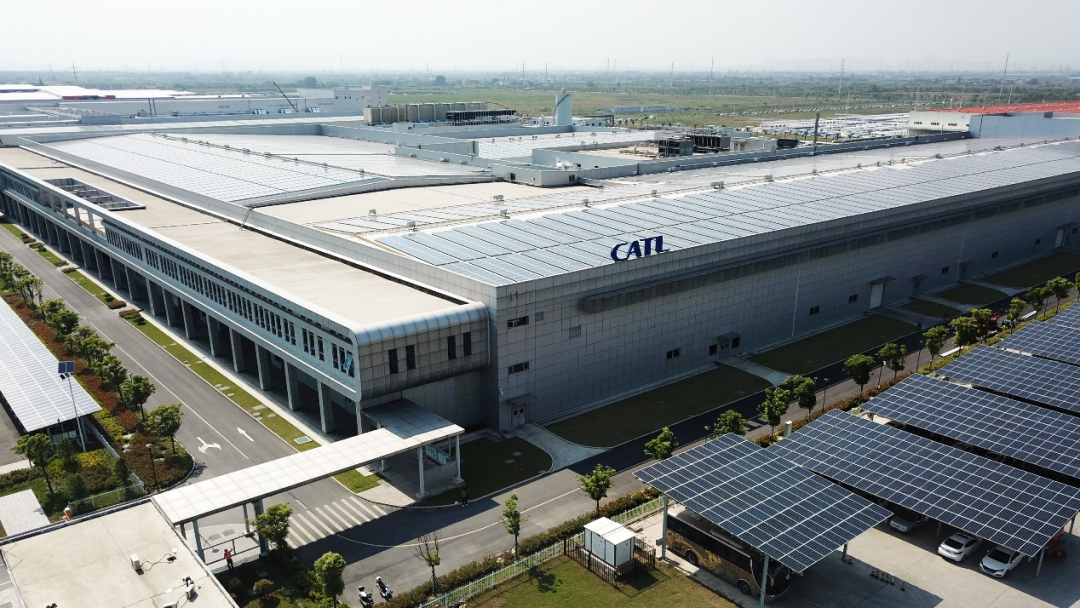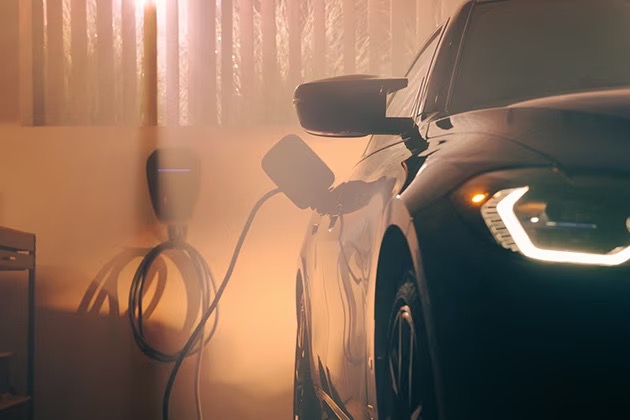China accelerates R&D, may invest 60 billion in solid-state battery development, CATL, BYD involved Recent reports indicate China may invest around 60 billion in solid-state battery research and development, with CATL, BYD, FAW, SAIC, Weilan New Energy, and Geely among the six companies to receive government support. Multiple sources confirm unprecedented government-led project to encourage eligible companies to conduct R&D on solid-state battery technology. Solid-state batteries, superior to traditional ones, attract attention but face challenges, prompting government leadership to accelerate domestic research. Automakers eager, solid-state still distant Recent discussions on solid-state batteries sparked by SAIC’s introduction of the L6 model allegedly featuring solid-state battery. In support of the new L6 model, SAIC CEO Liu Tao announced it will be the first to use solid-state batteries, drawing attention and criticism from industry insiders. In response to doubts, Zhiji Auto explained that there are currently no clear standards for semi-solid-state batteries and quasi-solid-state batteries, but using solid-state electrolytes is definitely called solid-state batteries, which are products of two different eras from traditional batteries using liquid electrolytes. Zhiji also stated that SAIC Group’s all-solid-state batteries will achieve mass production by 2026, complete prototype testing, and have an energy density exceeding 400Wh/kg. Meanwhile, GAC Aion held a press conference to announce the phased breakthrough achievements of its all-solid-state batteries in capacity, energy density, safety, and manufacturing technology. According to Li Jin, head of GAC Aion’s battery research and development department, GAC Group has achieved an energy density of over 400Wh/kg for all-solid-state batteries using third-generation sponge silicon negative electrode technology and high areal capacity solid-state positive electrode technology, increasing the volume energy density of current mass-produced liquid lithium-ion batteries by over 52% and the mass energy density by over 50%, achieving over 1000 kilometers of range. In addition, the single-cell capacity of all-solid-state batteries has exceeded 30Ah. GAC Aion aims to complete the development of all-solid-state batteries by 2026 and first install them on the Haobo model. In fact, in addition to the above-mentioned car companies, BYD, Dongfeng, NIO, Ningde Times, Guoxuan High-Tech, and other battery manufacturers are all committed to the research and development of solid-state batteries. Ningde Times’ chief scientist Wu Kai recently revealed that Ningde Times has the opportunity to produce solid-state batteries in small batches in 2027. He emphasized that CATL’s current maturity level in solid-state batteries is at level 4, with a target to reach levels 7-8 by 2027.
The advantages of solid-state batteries are many, including high density and safety. Currently, solid-state batteries face challenges due to immature technology and high research difficulty. Car battery experts say that while semi-solid-state batteries are ready for mass production by 2025, full solid-state batteries are still in the early stages of development. Overseas companies are actively preparing to catch up with Chinese companies in the new energy sector by using solid-state batteries. Various countries are promoting the solid-state battery industry and introducing corresponding incentive policies. The US aims to achieve an energy density of 500Wh/kg by 2030, Japan targets commercializing full solid-state batteries with an energy density of 500Wh/kg by 2030, and South Korea plans to develop commercial technology with an energy density of 400Wh/kg by 2025-2028. Germany, with Mercedes-Benz and BMW leading the way, plans to integrate solid-state battery technology into electric vehicles after 2025 and achieve mass production within 5 years.
According to Guosheng Securities, global demand for solid-state batteries is expected to reach 17.3GWh by 2025 and surpass 200GWh by 2030, with a compound annual growth rate of 65.8% from 2025 to 2030. The market outlook for solid-state batteries is promising, but competitive. Chinese car companies must rise to the challenge to stay ahead.

